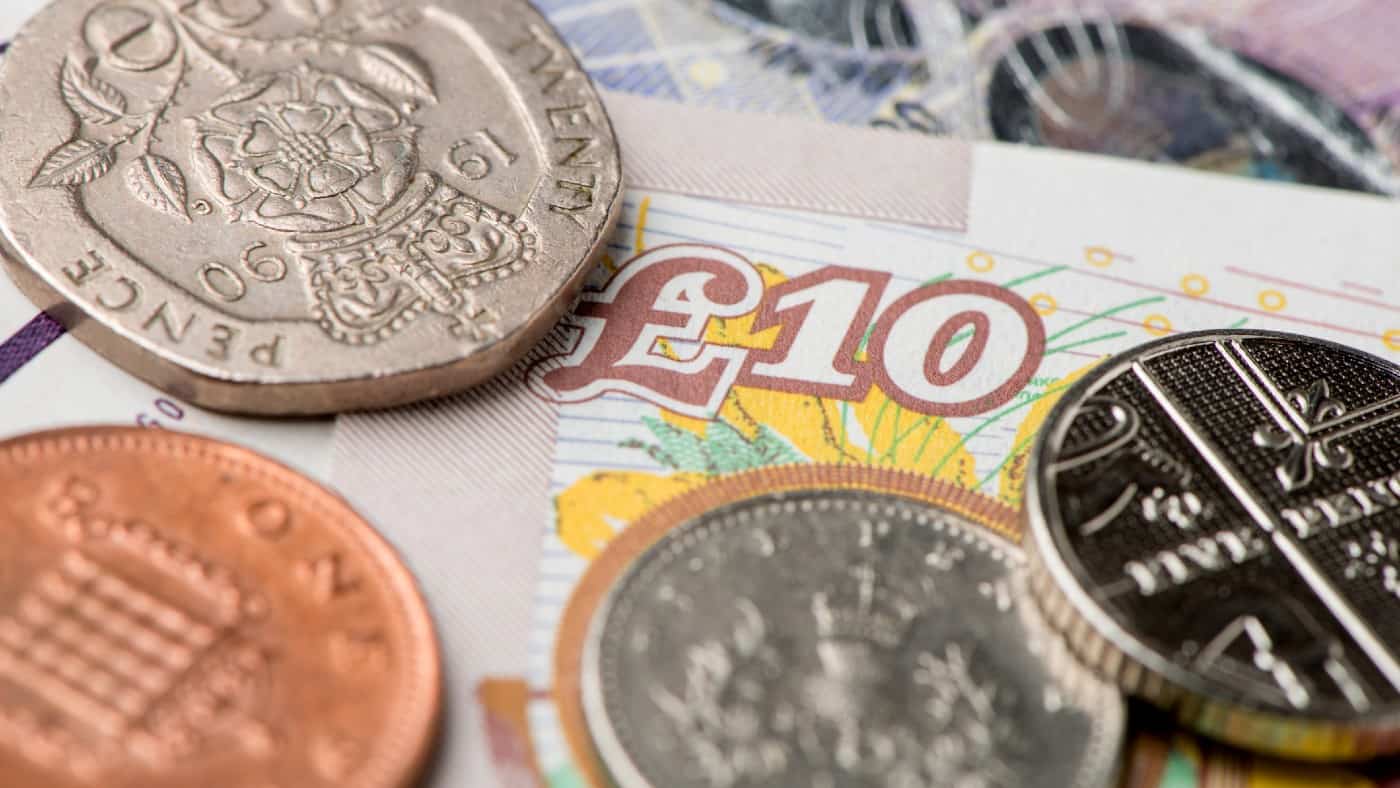Investing in the stock market can be a great source of passive income. One of the best ways of doing this, in my view, is by owning shares in companies that distribute their earnings as dividends.
There are a couple of ways of going about this though. While the best approach might vary from one investor to another, I know what I’d do if I were getting started today.
Growth
In general, my approach would be to look beyond stocks that have big dividend yields. There’s nothing wrong with these, but I think there are some underrated opportunities elsewhere.
Bunzl (LSE:BNZL) is one of the best examples of this. A 2.25% dividend yield isn’t exactly eye-catching, but buying the stock regularly for 30 years could earn me significant passive income.
Over the last decade, Bunzl has been increasing its distributions by an average of 6.8% a year. If that continues, a £20 investment today would return £3.23 in dividends 30 years from now.
That doesn’t sound like much, but doing that each week could result in something much more substantial. Investing £20 a week could build a portfolio distributing £2,132 a year.
Risks
The success of an investment in Bunzl shares depends a lot on the company’s future growth. And a lot of this comes from acquiring other businesses.
If opportunities become more limited, there’s a risk the firm might find it harder to keep increasing its dividend. But there are a couple of things worth noting.
One is that the company’s dividend only accounts for around 27% of its annual free cash flow. That means Bunzl’s ability to increase its dividend doesn’t depend on the business growing its revenues.
If acquisition opportunities start to become more scarce, I would expect the firm to return more of its cash to shareholders. So there’s already scope for growth built in.
Deceptive earnings
A trailing price-to-earnings (P/E) ratio of 19 means the stock doesn’t look like an obvious bargain. But Bunzl’s free cash flows are consistently higher than its net income.
This is because the company regularly has a number of non-cash expenses. These weigh on the firm’s accounting profits, but don’t involve cash leaving the business.
At today’s prices, the stock trades at a multiple of around 12 times last year’s free cash flows. That looks much more reasonable than a P/E ratio close to 20.
This, I think, is significant. Bunzl may not stand out as a particularly cheap stock, but I think a closer look reveals there’s more to the company than meets the eye.
A hidden FTSE 100 gem
Over the long term, I think buying Bunzl shares at today’s prices could be a really good move from a passive income perspective. Even £20 a week could result in something substantial over time.
So Bunzl’s stock continues to catch my eye. I think it has good long-term growth prospects and trades at an attractive price.
The dividend might not look like much, but I wouldn’t be too hasty to write this one off. There’s more to this one than meets the eye, in my view.








